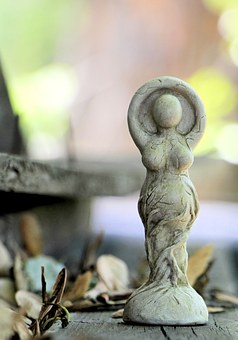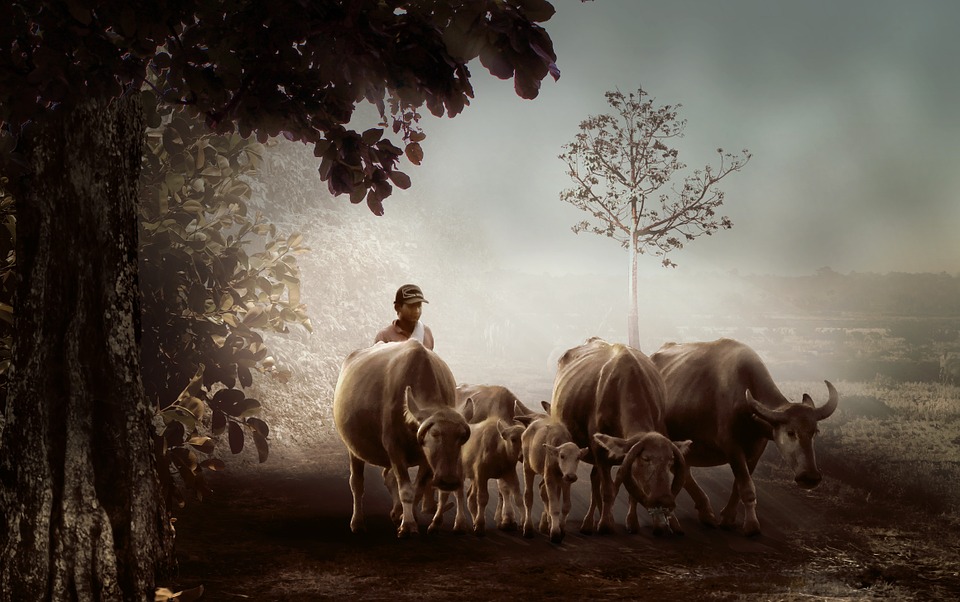- Mother goddess. Hindu (Epic and Puranic). One of the group of MATARAS (mothers) who are the patrons of children. Considered by some to be identical with the goddess Vriddhi. Her consort is Pancika, alternatively KUBERA. In her destructive aspect she steals and eats children. Particularly known from the north and northwest of India.
Tag: mothers
Badi Mata
Mother goddess. Hindu [northern Indian]. A SAKTI and one of the seven SAPTAMATARAS (mothers) who in later Hinduism became regarded as of evil intent, attacking children during puberty. Particularly recognized in Bengal.
Brahmani
Mother goddess. Hindu (Epic and Puranic). A SAKTI who in later Hinduism became one of the group of eight ASTAMATARAS or mothers. In another grouping one of nine NAVASAKTIS or mothers. She is attended by a goose and wears a yellow robe. Attributes: book, label, rosary, trident and water jar. Also Brahmi.
Aveta
Goddess of birth and midwifery. Romano-Celtic (Gallic). Known mainly from clay figurines found at Toulon-sur-Allier, France. The models show the goddess with infants at the breast and apparently she is concerned especially with nursing mothers. The figure is often accompanied by a small lapdog.
Lopu mate
by Aldis Putelis
The goddess of cattle, one of “the Mothers”. In some cases a synonym for Mara/Marsava.
Lauku mate
by Aldis Putelis
The goddess of fields and fertility to whom farmers sacrificed to secure an abundant harvest. One of ‘the mothers’, may be compared to dievini – the minor gods, who still are the immediate rulers of human life. One of the few “mothers” listed in Paul Einhorn’s texts in the first half of the 17th century.
Juras mate
by Aldis Putelis
Juras mate (“sea mother”) is the goddess of the sea. She is one of the numerous mothers (see: Mates). She is said to be worshipped by fishermen and sailors, plays an important role in healing by magic, especially to stop bleeding. She is an obscure goddess and rarely mentioned in song texts. Still she is among the Mothers mentioned in 17th century texts.Whether the ritual demand of keeping the details in secret has led to these details being gradually lost along with the rituals of worship is just a speculation, but might be a reasonable one. One well known among the Livs (a Finnish people living in the coastal areas). Sometimes a view is expressed that “the mothers” are more characteristic for this people than Latvians, so it could be a borrowing as such.




